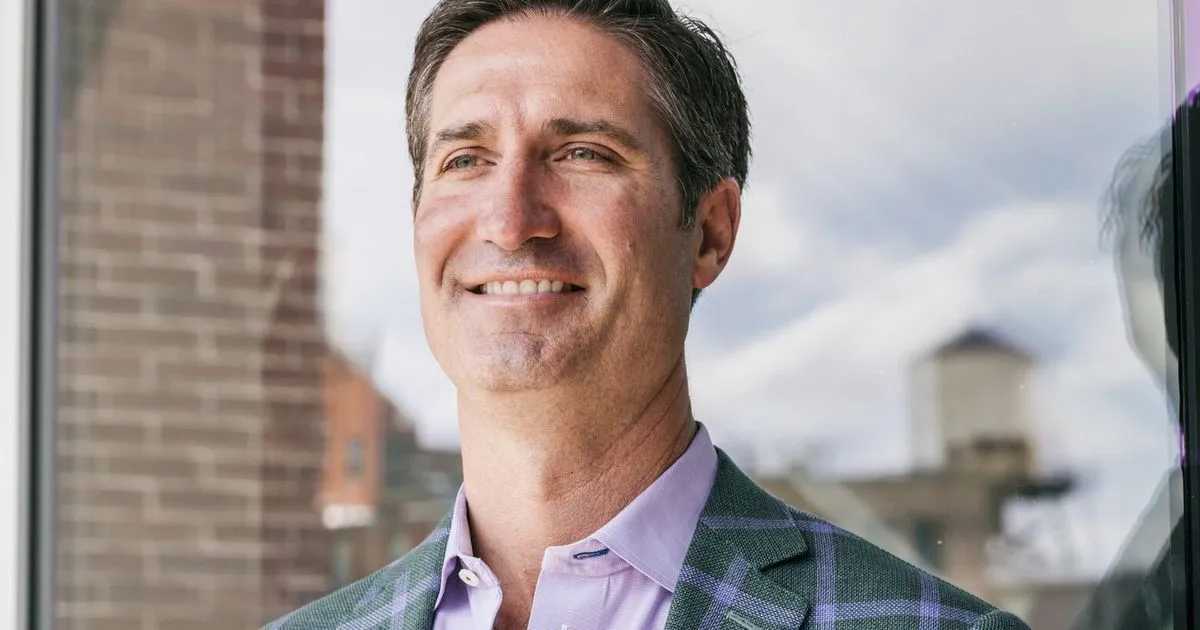
In a significant shift for Starbucks, CEO Brian Niccol is dedicated to steering the company back to its foundational principles. During his inaugural shareholders meeting this week, Niccol emphasized two key concepts guiding his strategy: simplifying the business and valuing feedback from both customers and employees. These principles are already being translated into actionable changes within the company.
One of the most notable changes under Niccol's leadership is the reduction of menu items across Starbucks cafes. This move aims to streamline operations and enhance the overall customer experience. Additionally, Niccol has implemented a clear distinction between “to-go” orders and those for customers dining in, with the latter receiving their beverages in elegant ceramic mugs, reinforcing the brand’s focus on quality and service.
In a bid to reduce expenses, Starbucks has announced substantial layoffs as part of its corporate restructuring strategy. Niccol indicated that these layoffs are necessary to optimize the company’s payroll and enhance efficiency. However, the restructuring has not been without controversy, as it has sparked frustration among union representatives advocating for baristas’ rights. The company is currently facing criticism regarding its handling of union negotiations, diversity hiring practices, and the decision to allow Niccol to operate from a location outside of the Seattle headquarters.
Starbucks, like many corporations, is navigating turbulent waters concerning its Diversity, Equity, and Inclusion (DEI) initiatives. The company has faced scrutiny from conservative groups, including the National Center for Public Policy Research, which previously attempted to challenge Costco's DEI policies. During the recent shareholders meeting, a proposal was presented to Starbucks, urging the company to reassess its charitable giving practices and to depoliticize its contributions. This proposal faced significant opposition from the Starbucks board and was ultimately rejected by shareholders.
At the shareholders meeting, Niccol was confronted with questions regarding a lawsuit filed against Starbucks by the state of Missouri, alleging discriminatory hiring practices. Niccol firmly defended the company, stating that its hiring policies are both competitive and inclusive. “Diversity is a key strength of our business,” he asserted, emphasizing the importance of reflecting the diverse makeup of the company’s customer base.
As Starbucks attempts to navigate these challenges, unionized baristas have staged walkouts at several locations, demanding a finalized contract. The negotiations have been ongoing, with both Starbucks and the union expressing a commitment to work through a mediator. However, Union representatives have criticized the company's latest offers as inadequate, highlighting broader concerns about employee rights and compensation.
Earlier this year, Starbucks laid off 1,100 corporate employees, primarily affecting those at the company’s Seattle headquarters. Niccol has framed these layoffs as part of a necessary evolution to create “smaller, more nimble teams.” The aim is to enhance accountability and ensure that the corporate structure effectively supports both customer and partner experiences.
In addition to layoffs, Starbucks is adjusting its remote work policies. While employees are currently required to work in the office three days a week, future roles will be based in Seattle or Toronto, signaling a shift away from remote work options for many positions. Furthermore, executives at the vice president level and above will lose their remote work privileges.
Niccol’s operational model has raised eyebrows due to his location in Newport Beach, California, rather than Seattle. According to company disclosures, he is permitted to use corporate jets for travel, amounting to significant expenses. Niccol defended his travel arrangements by highlighting the importance of being present in various markets across the country. Starbucks is reportedly taking steps to minimize the environmental impact of these flights by utilizing low-emission fuels and more efficient aircraft.
As Starbucks continues to evolve under Niccol’s leadership, the company faces a delicate balance between operational efficiency, employee satisfaction, and maintaining its commitment to diversity and inclusion. The coming months will be crucial in determining how these changes affect the overall brand and its relationship with both employees and customers.